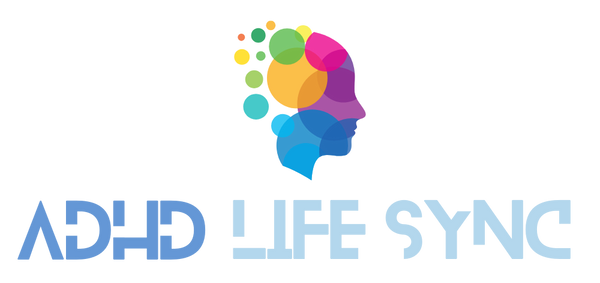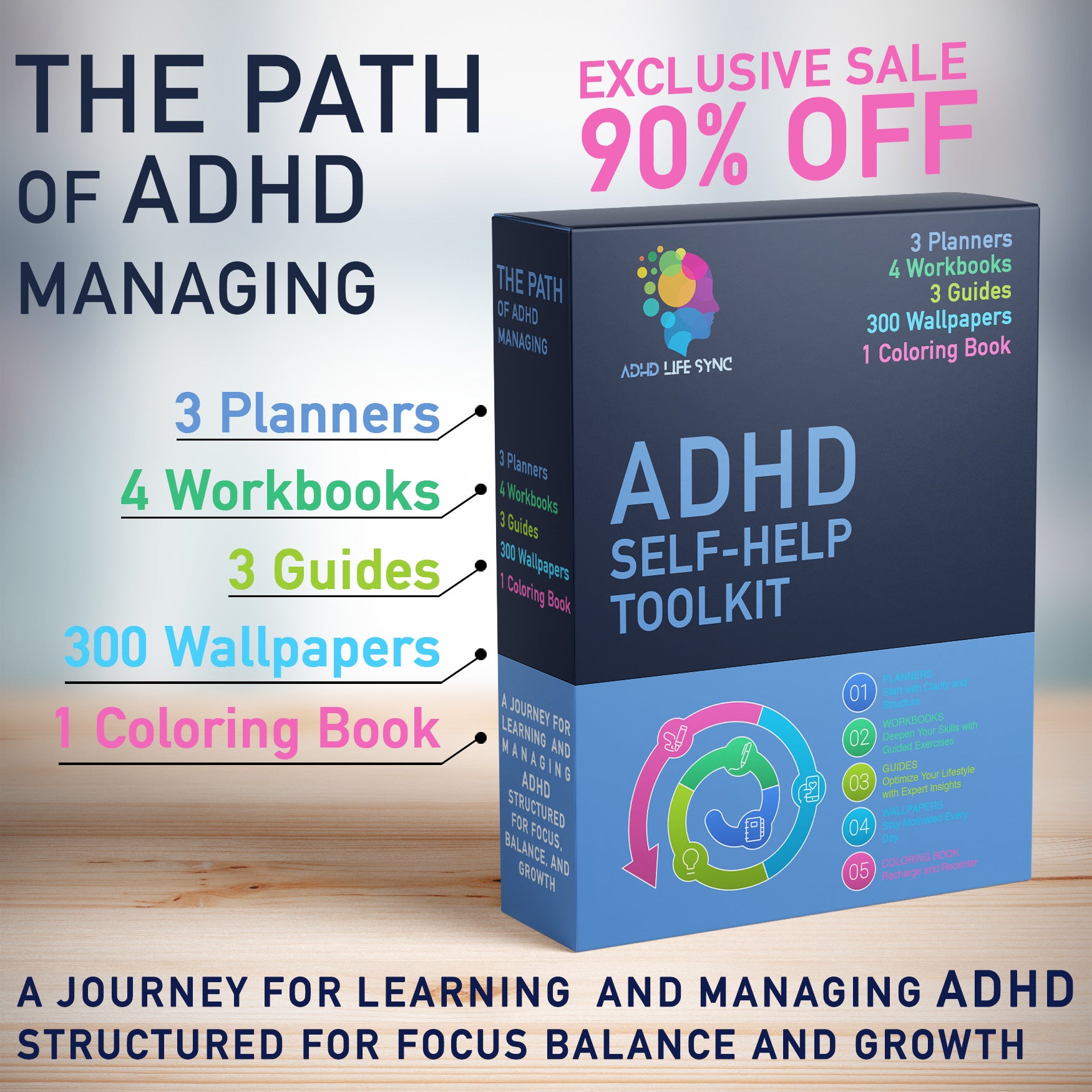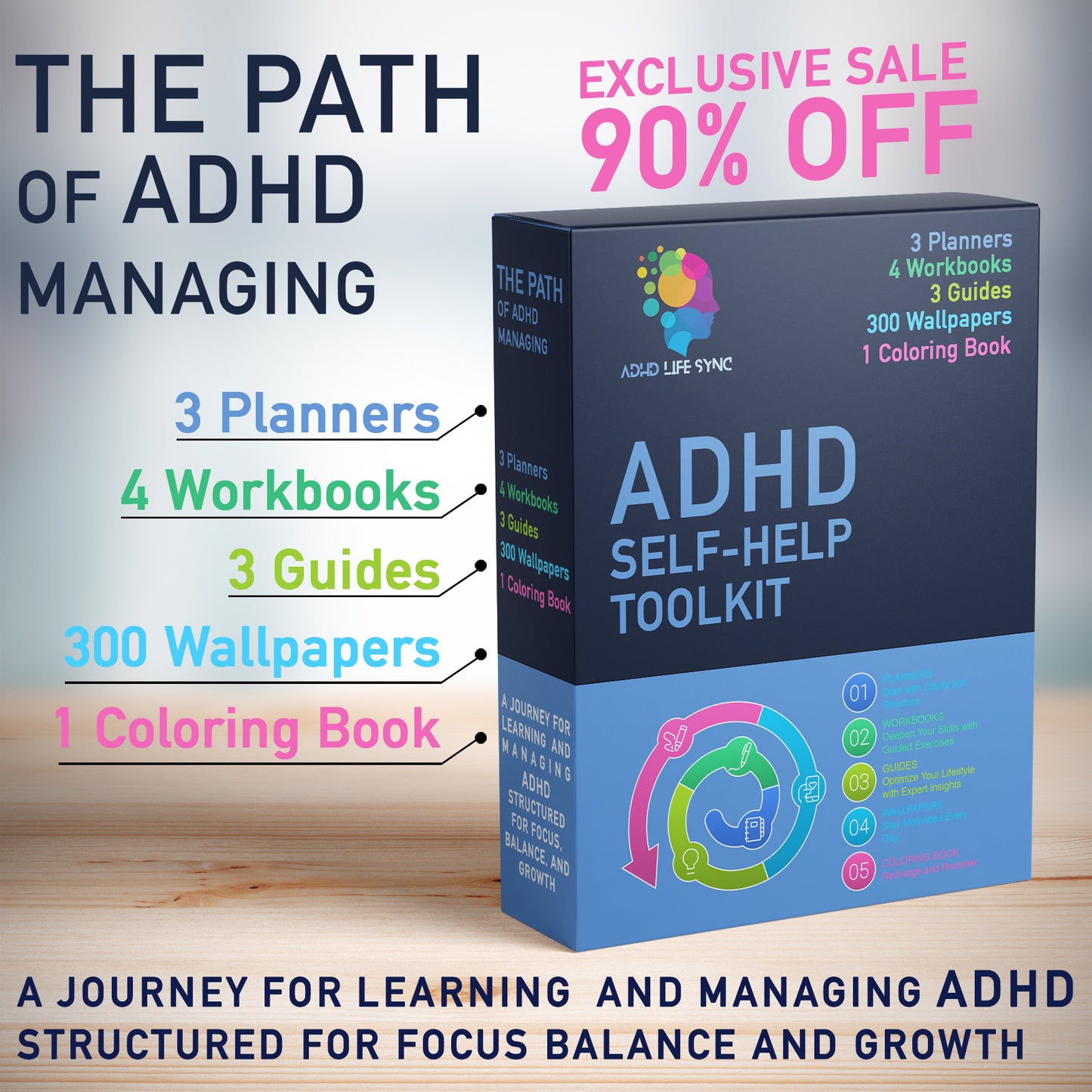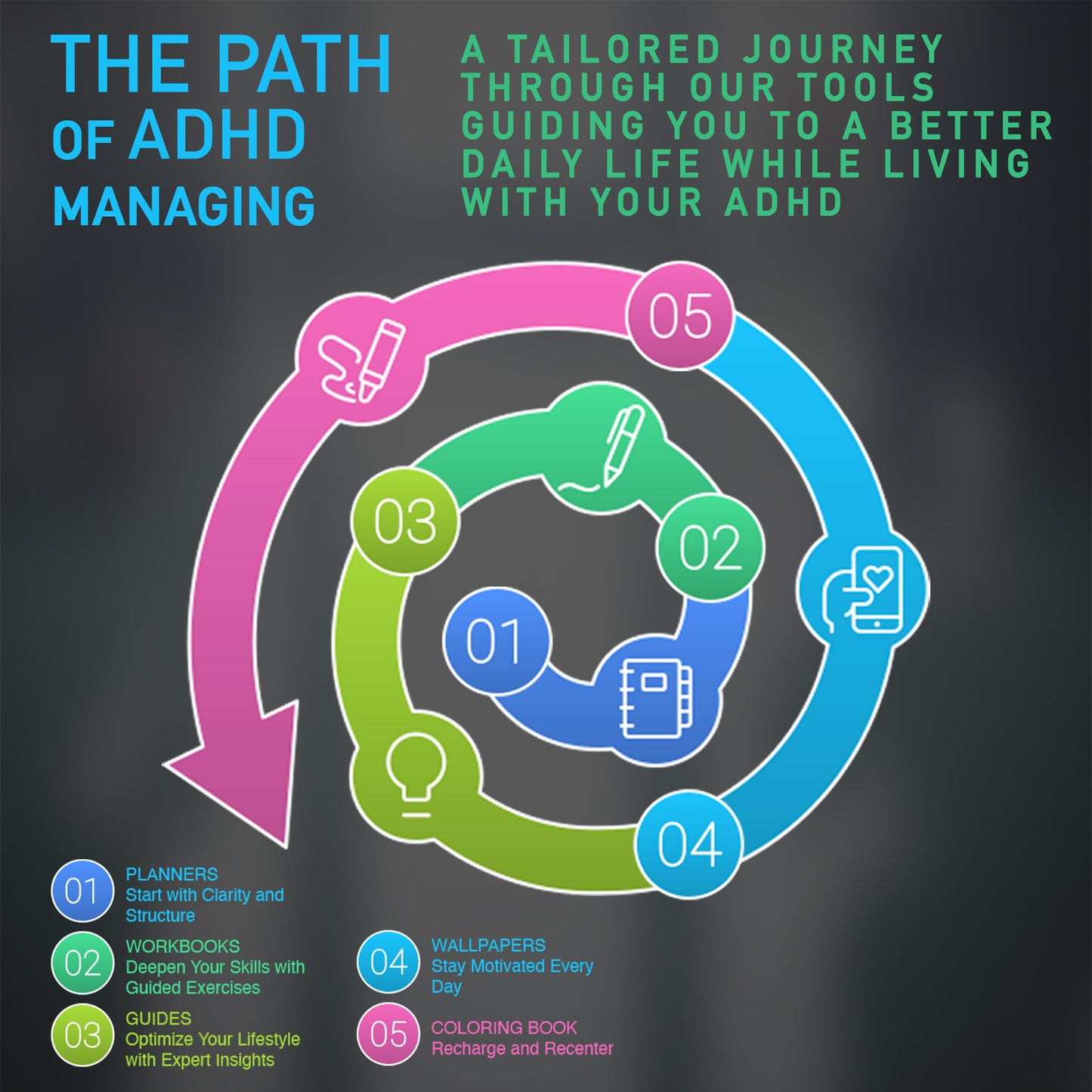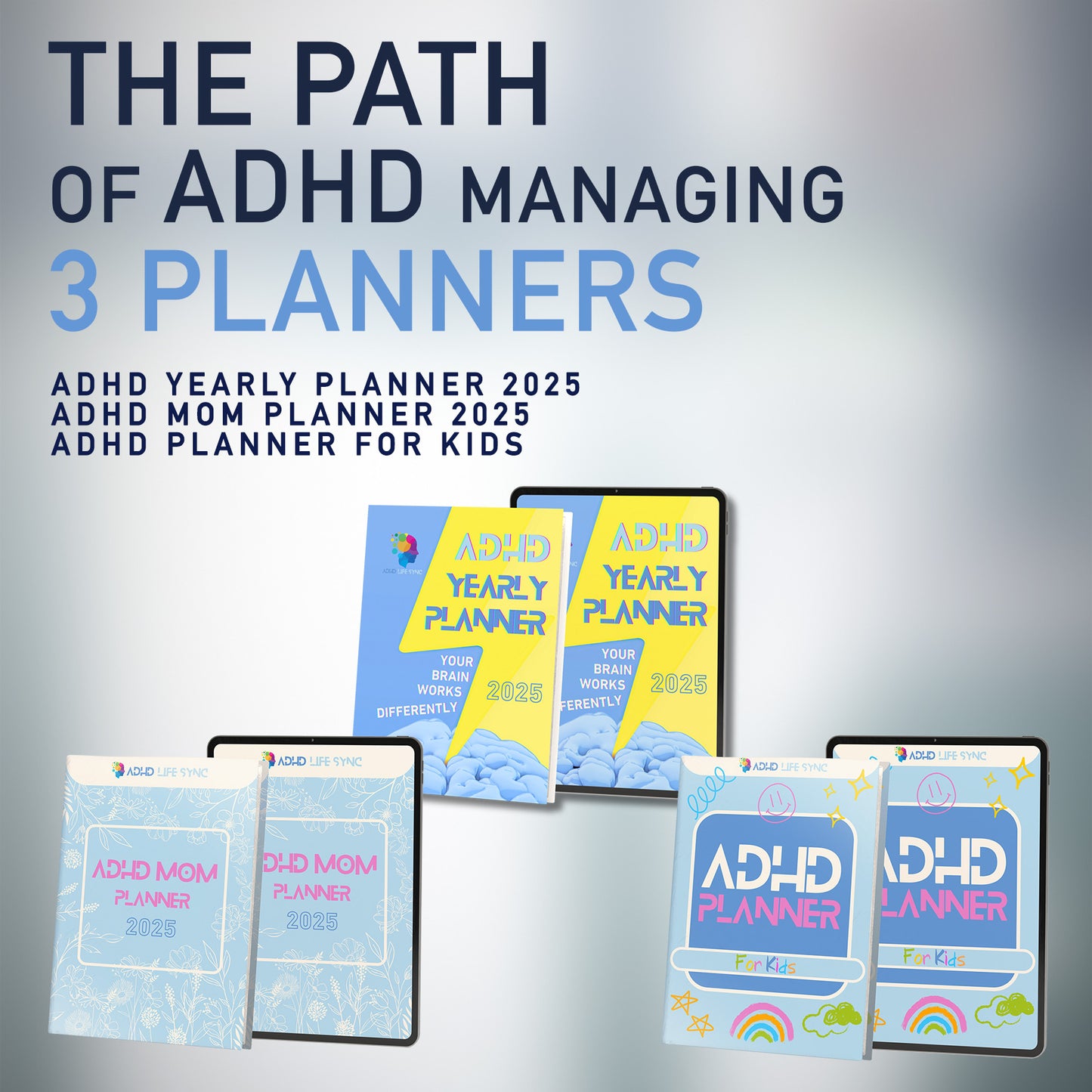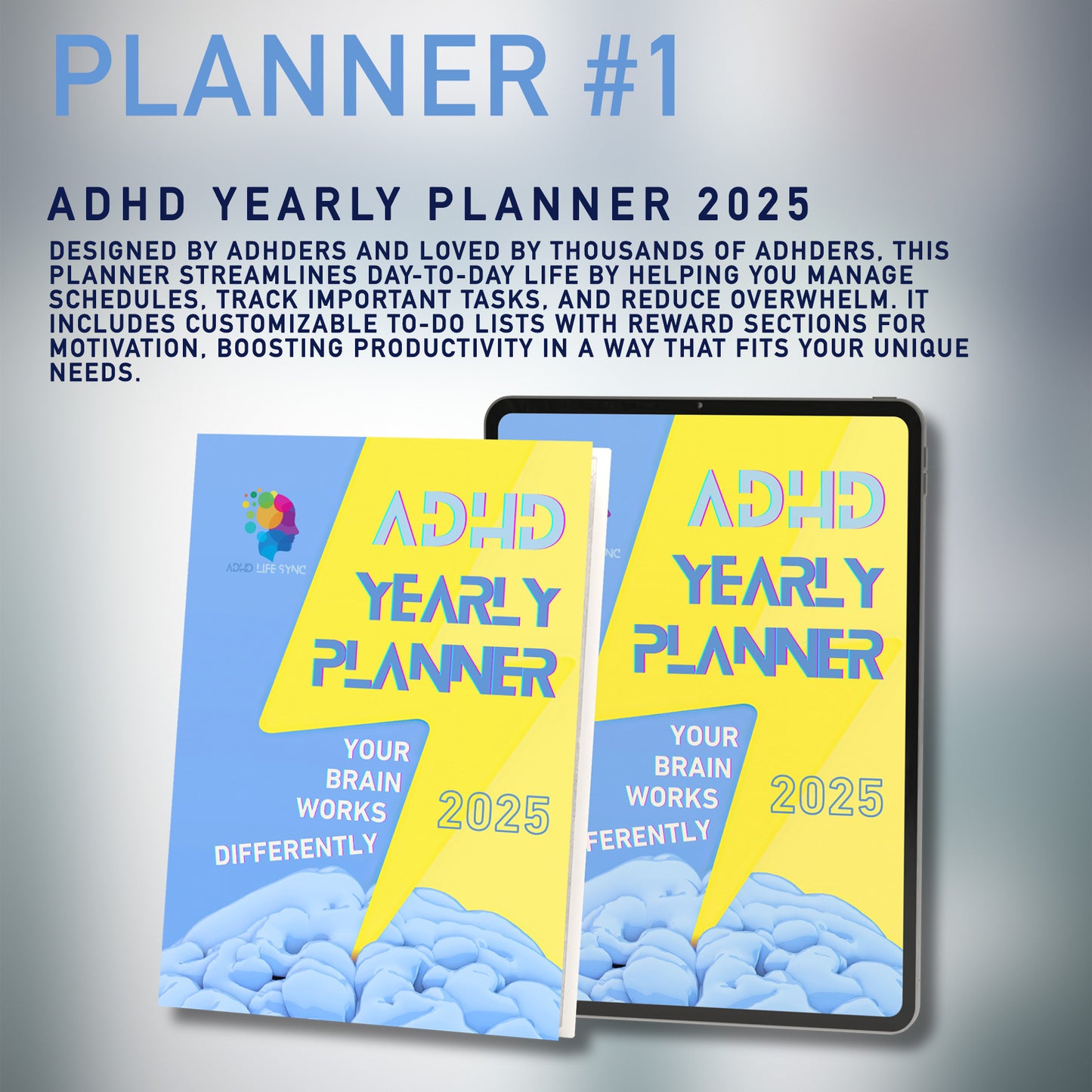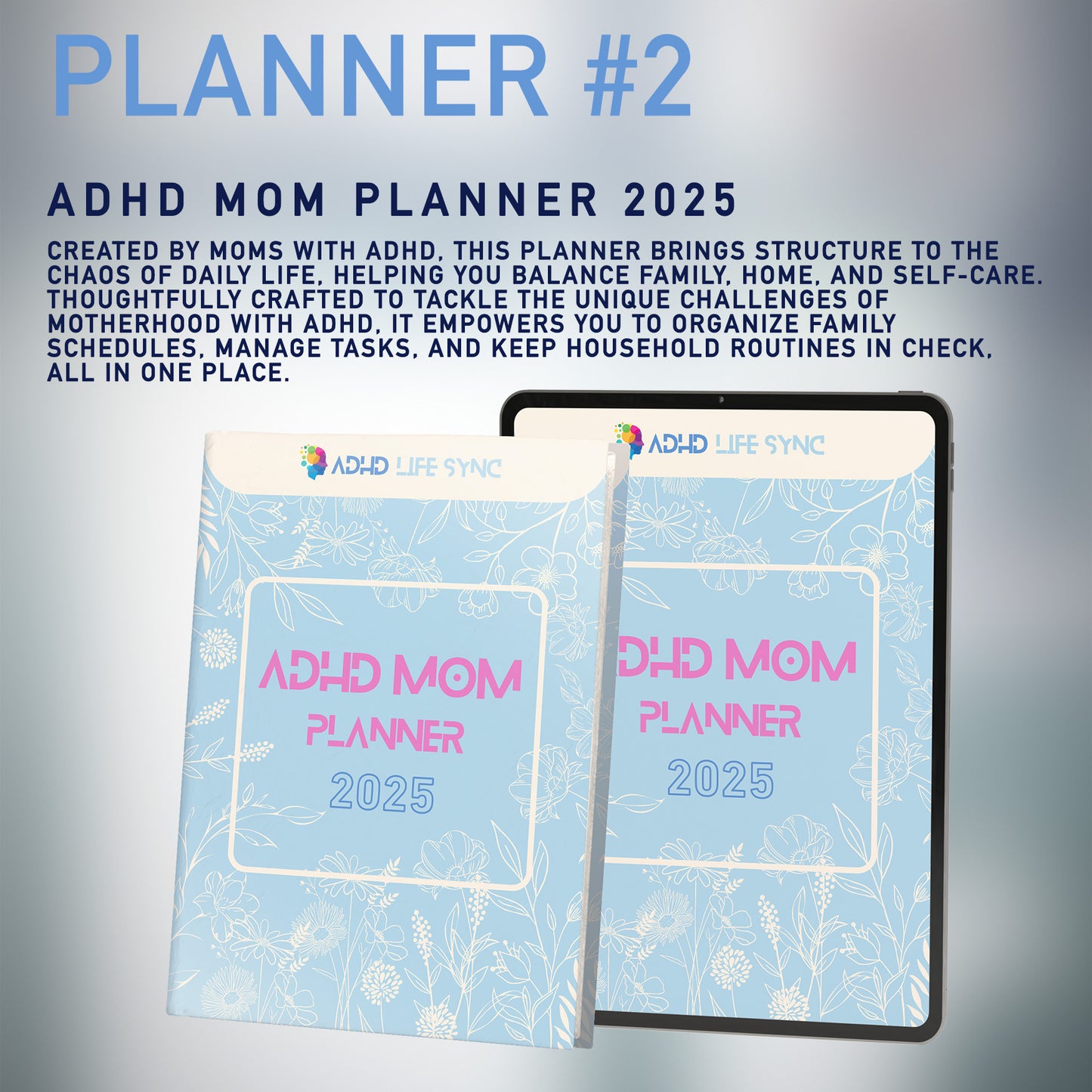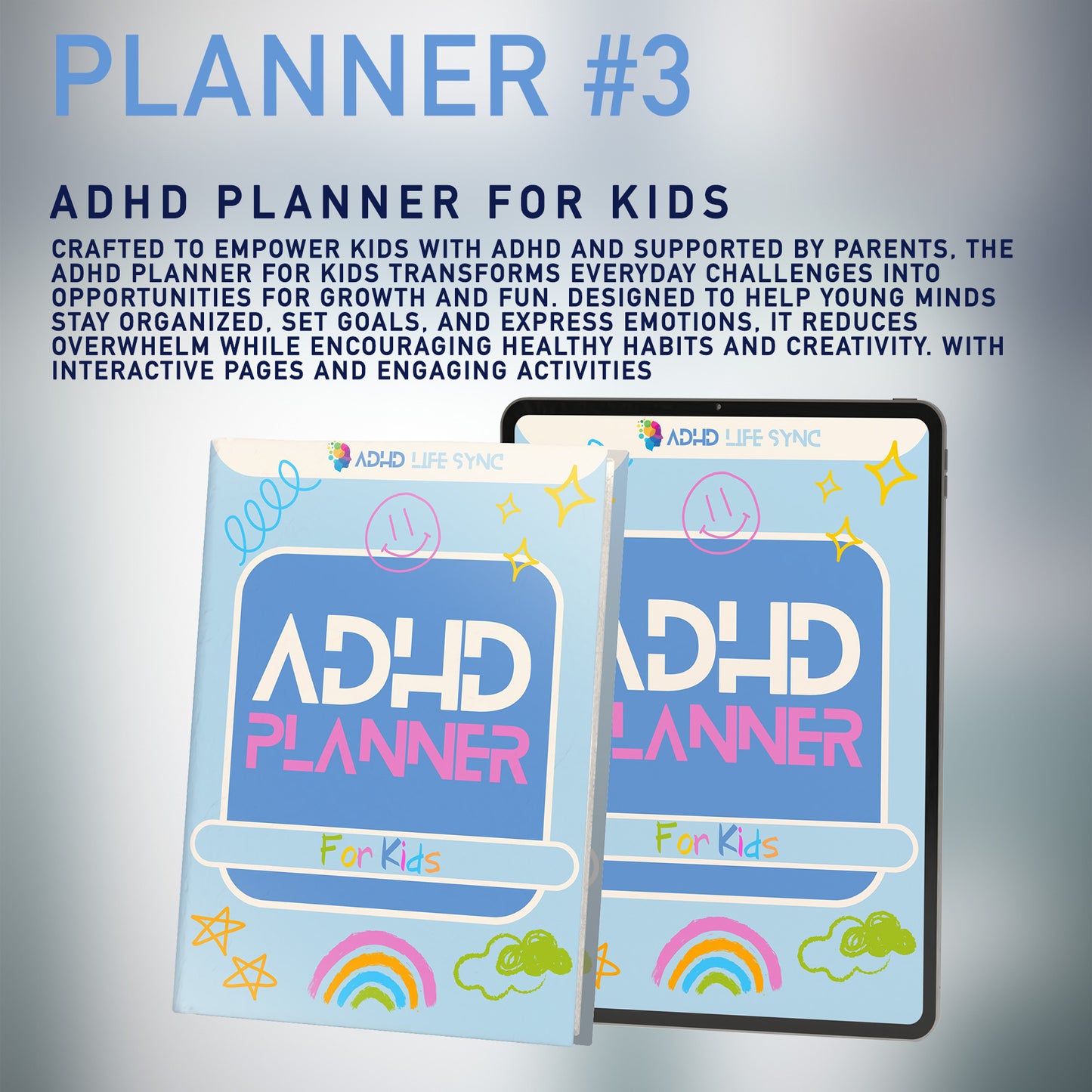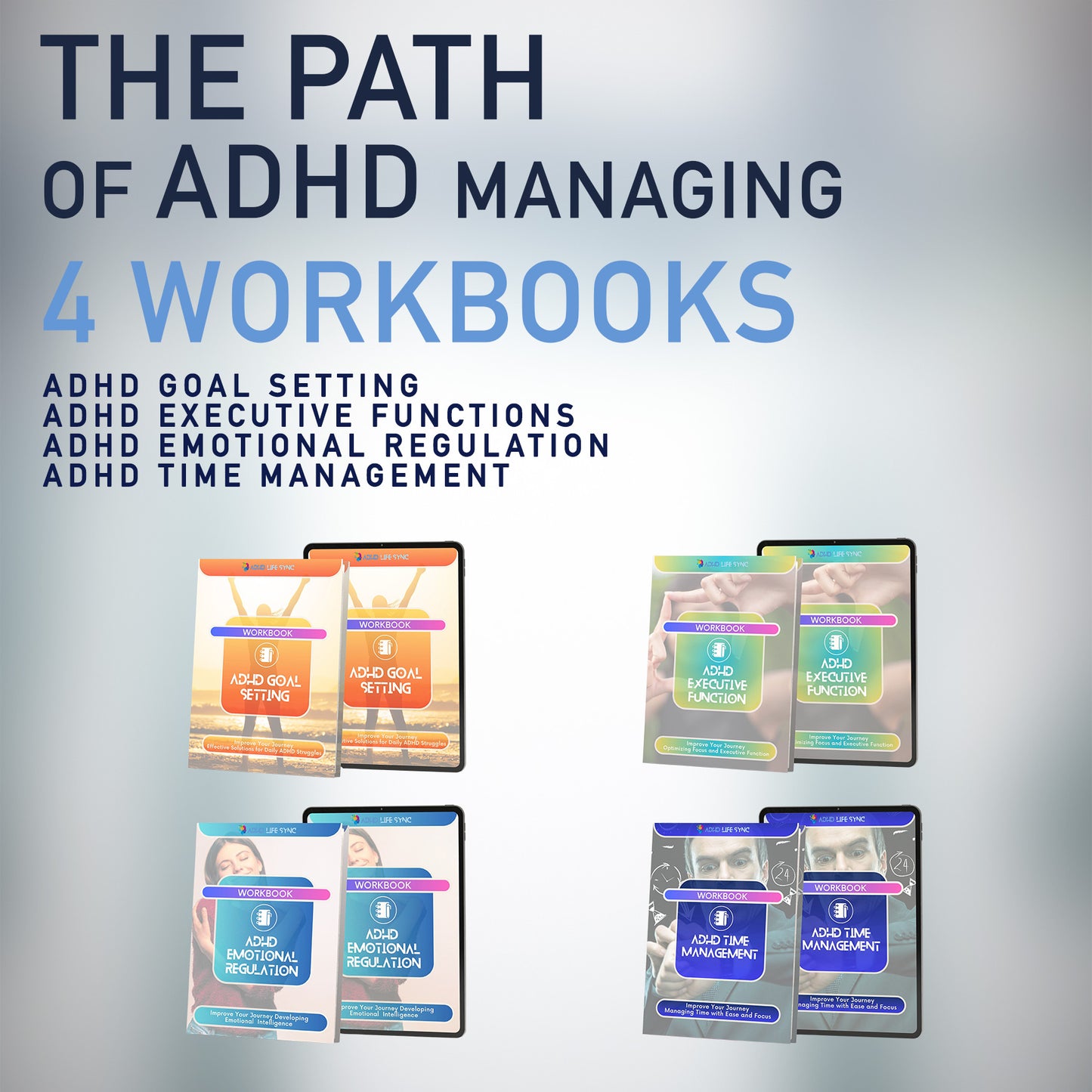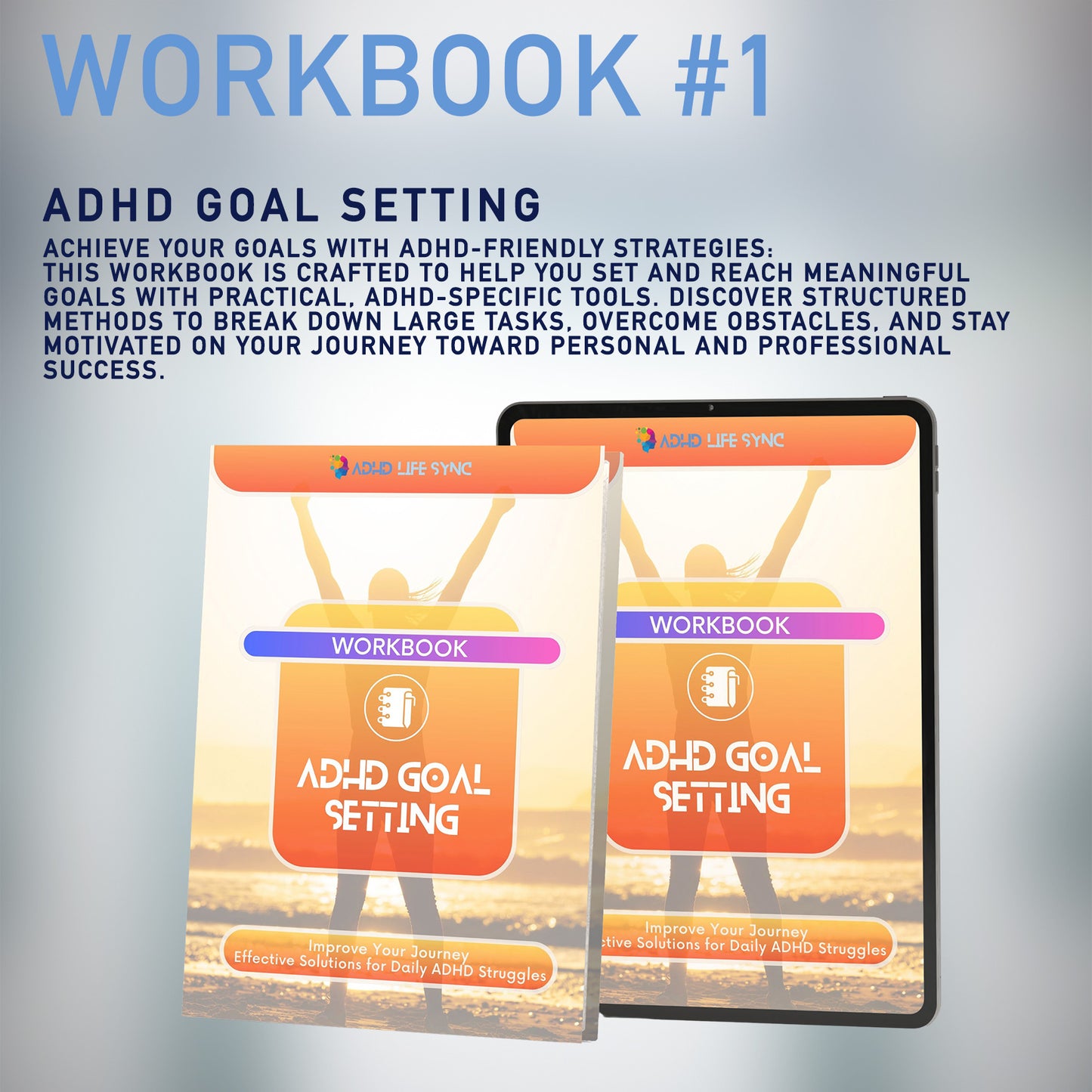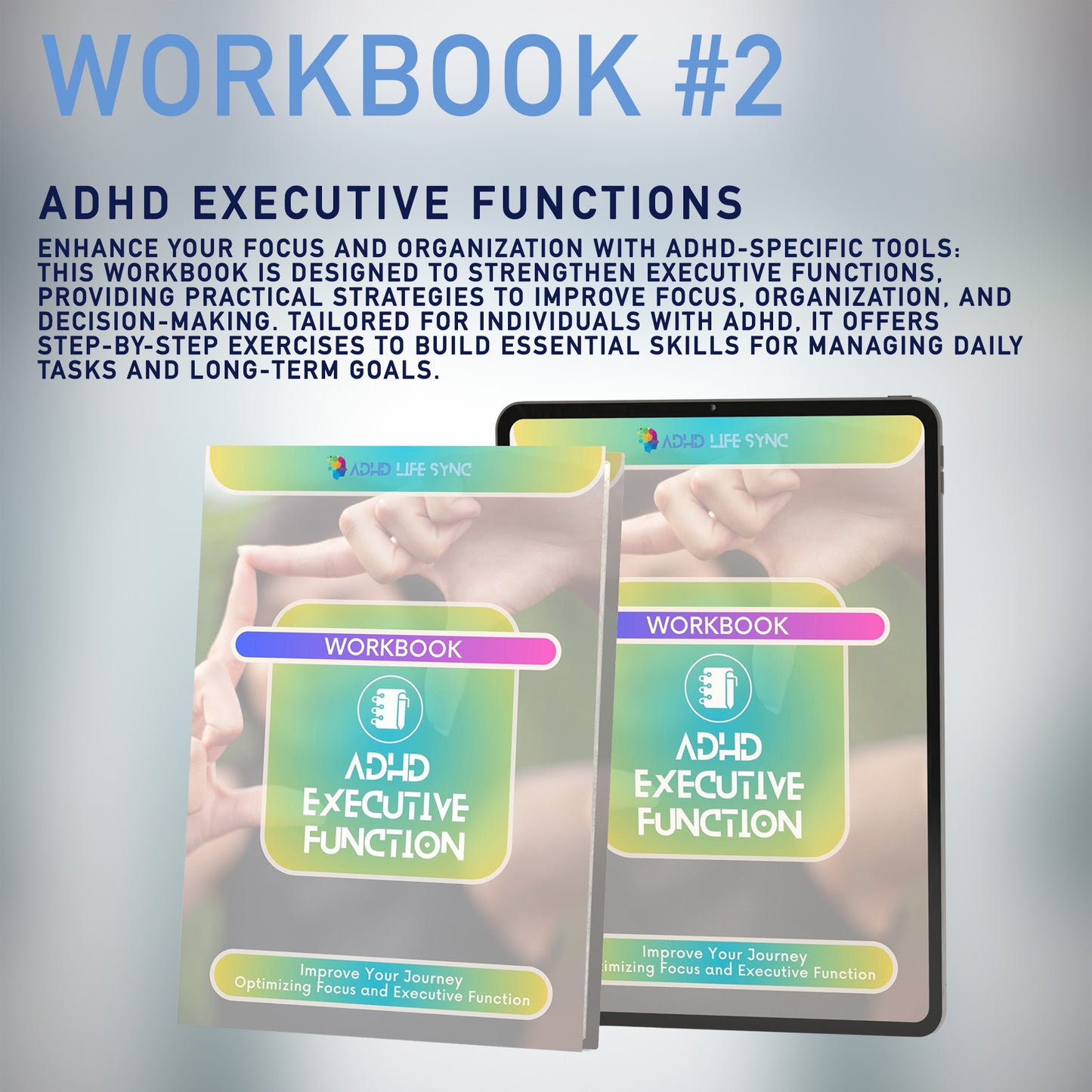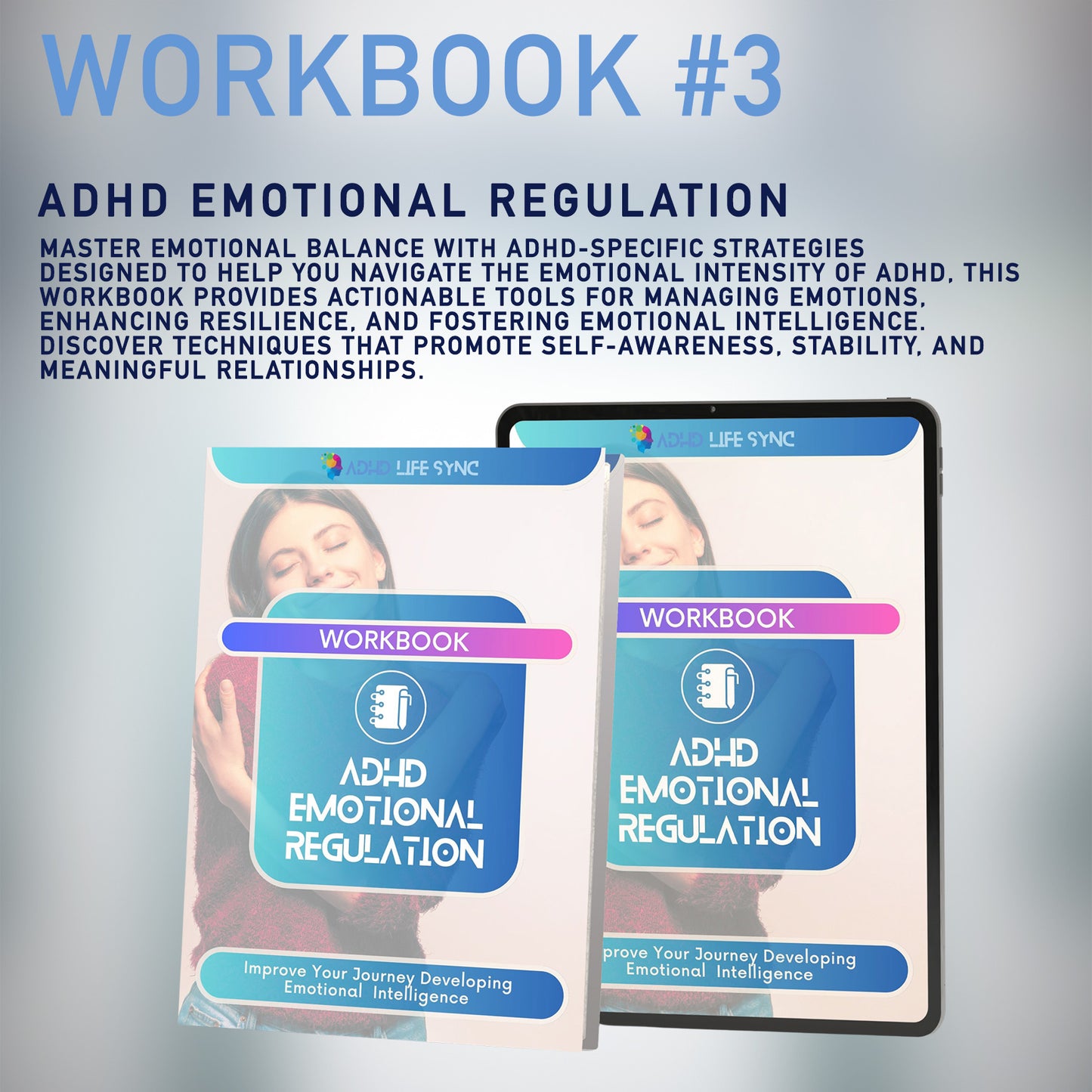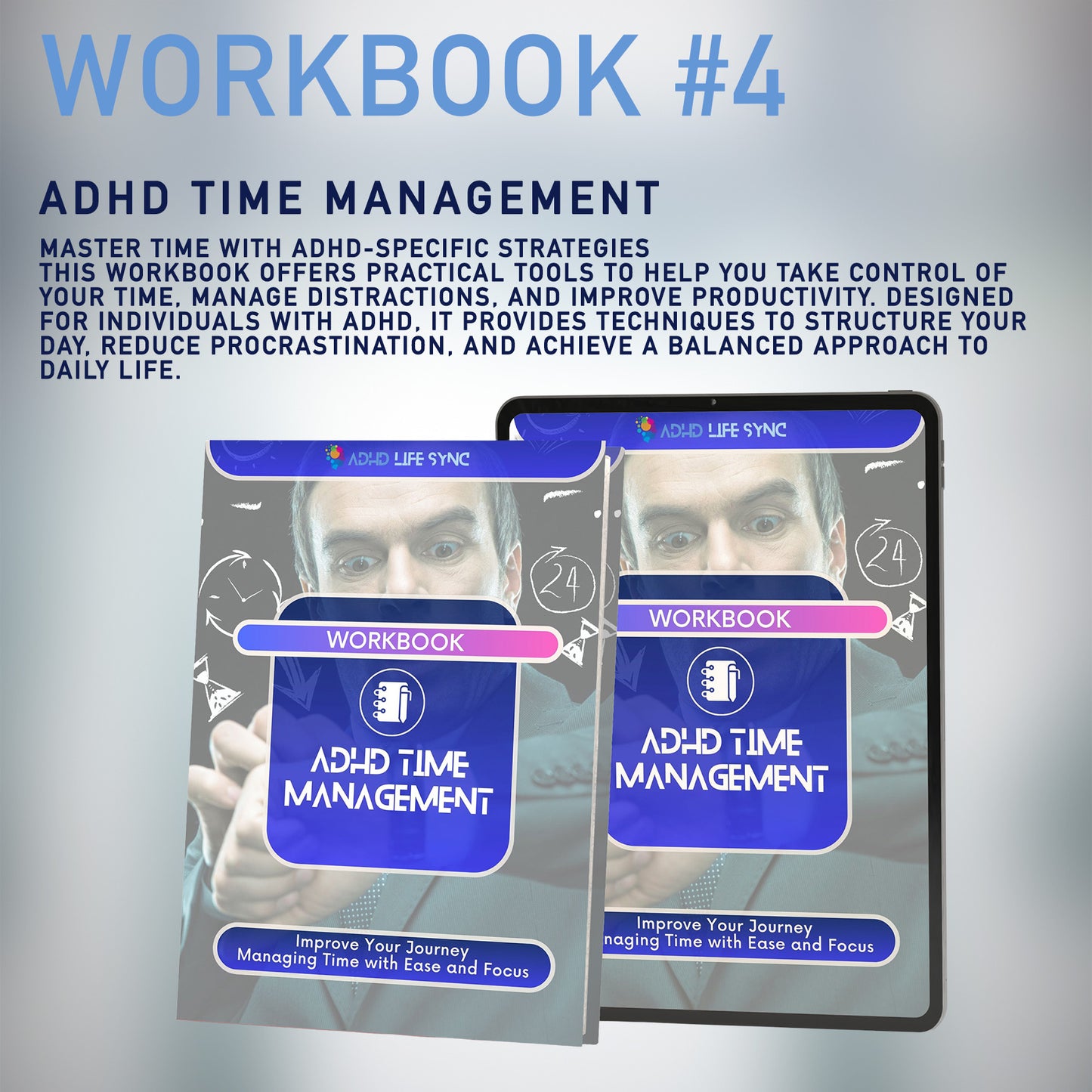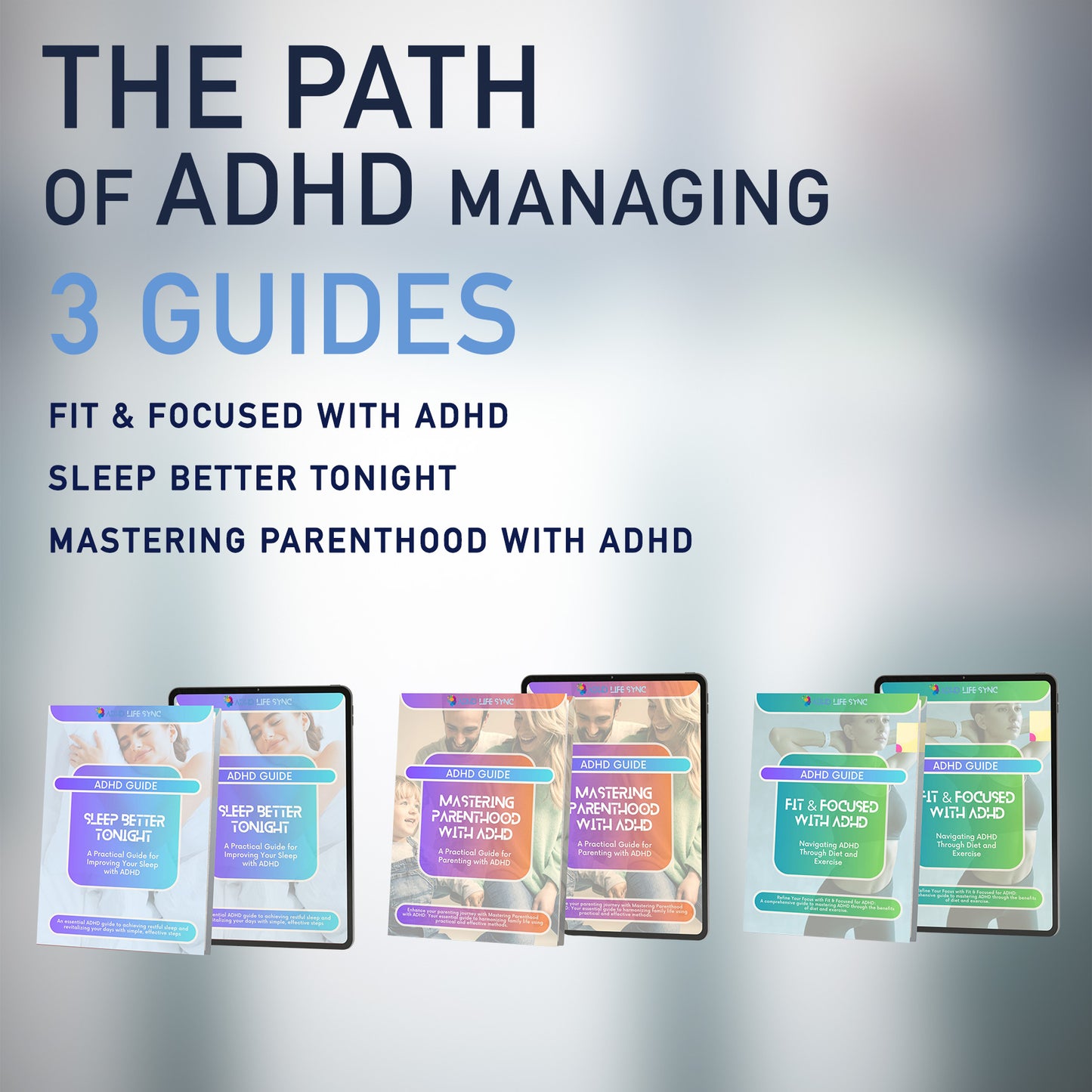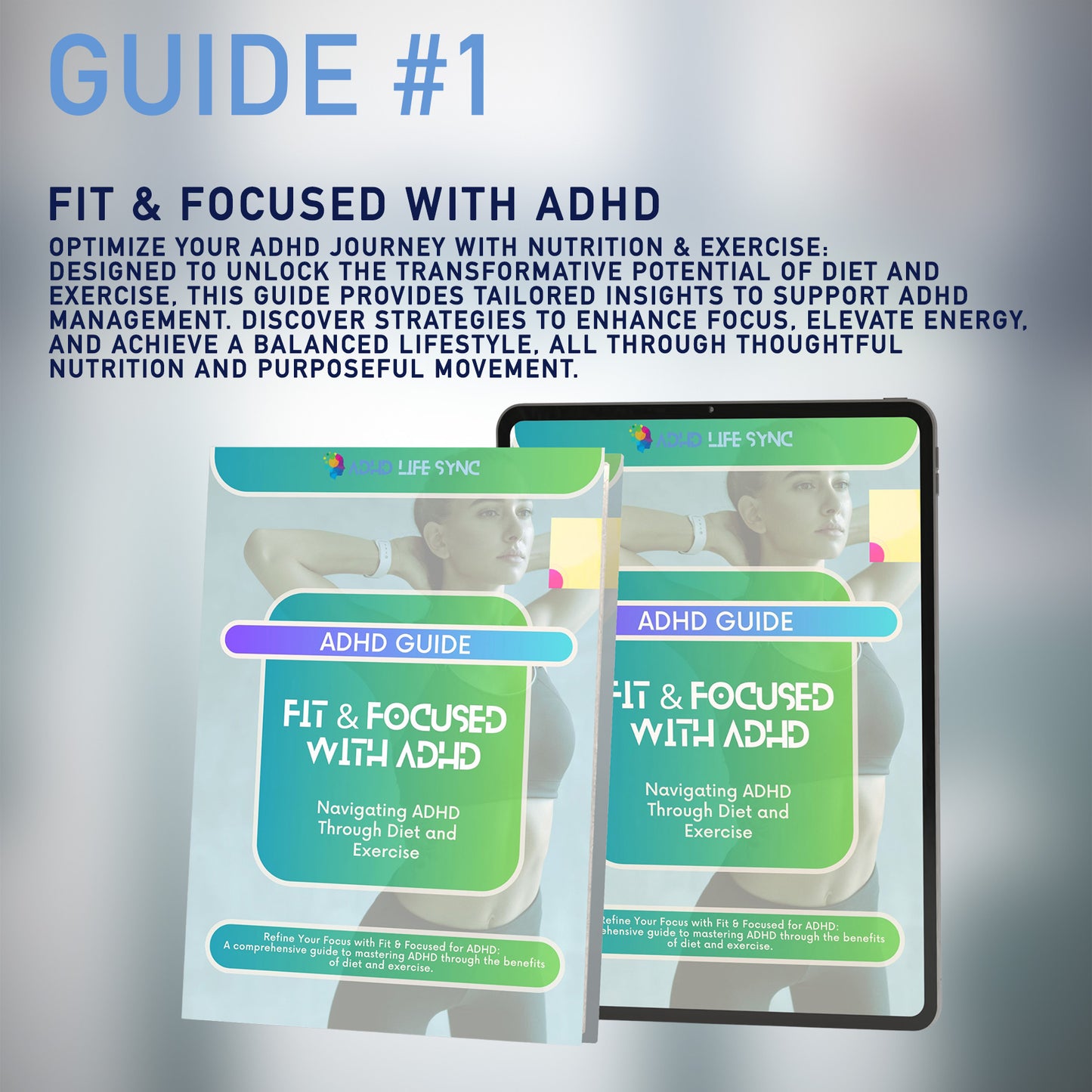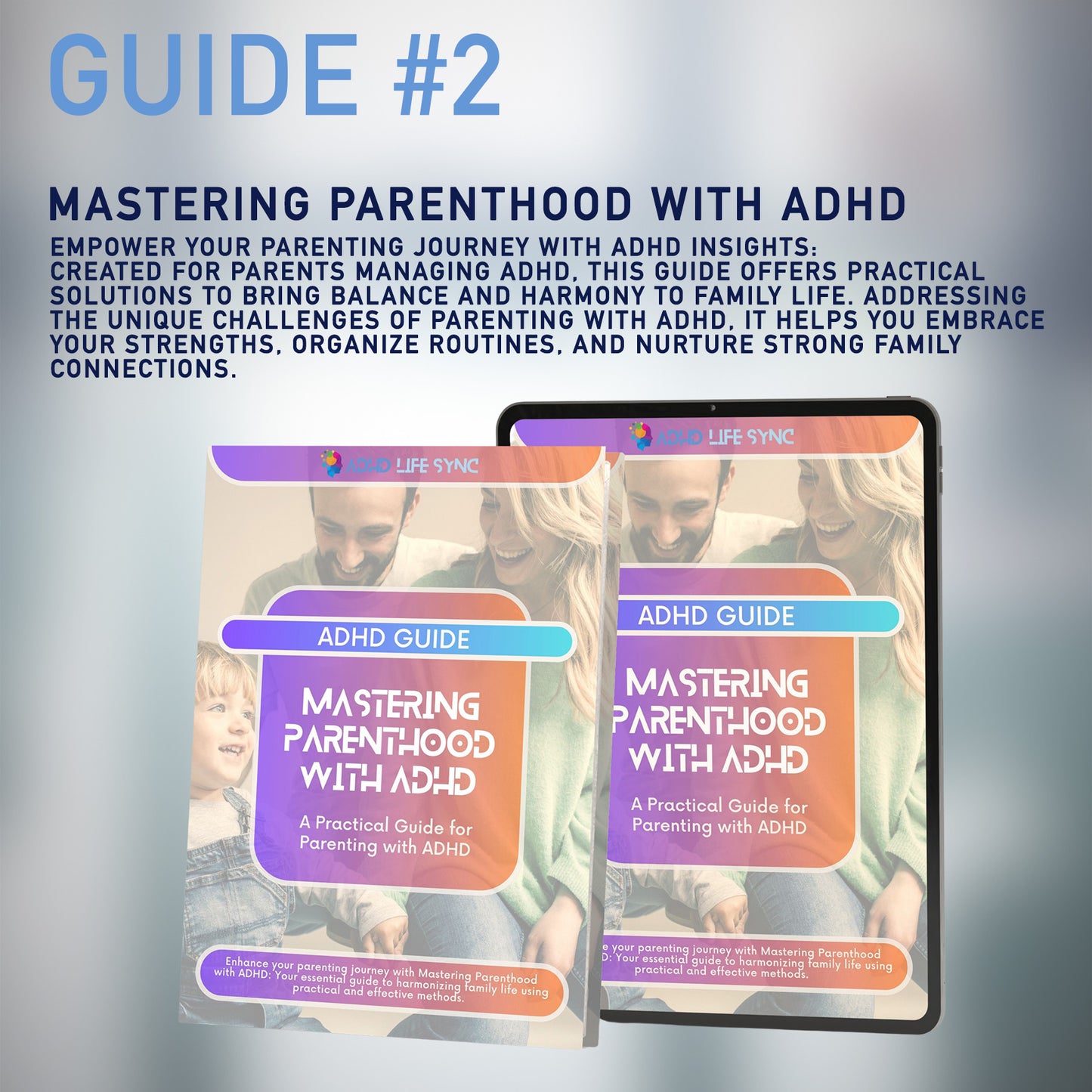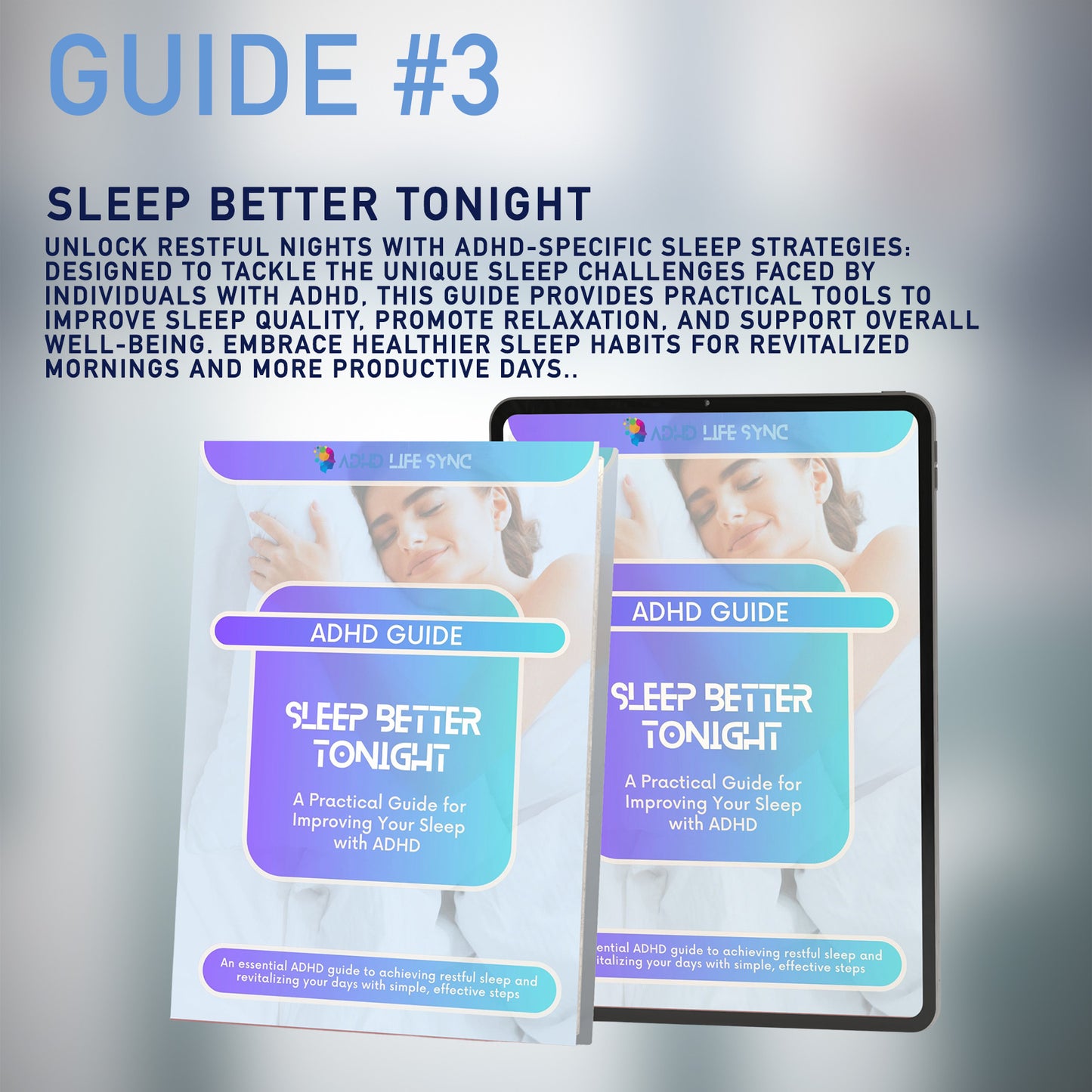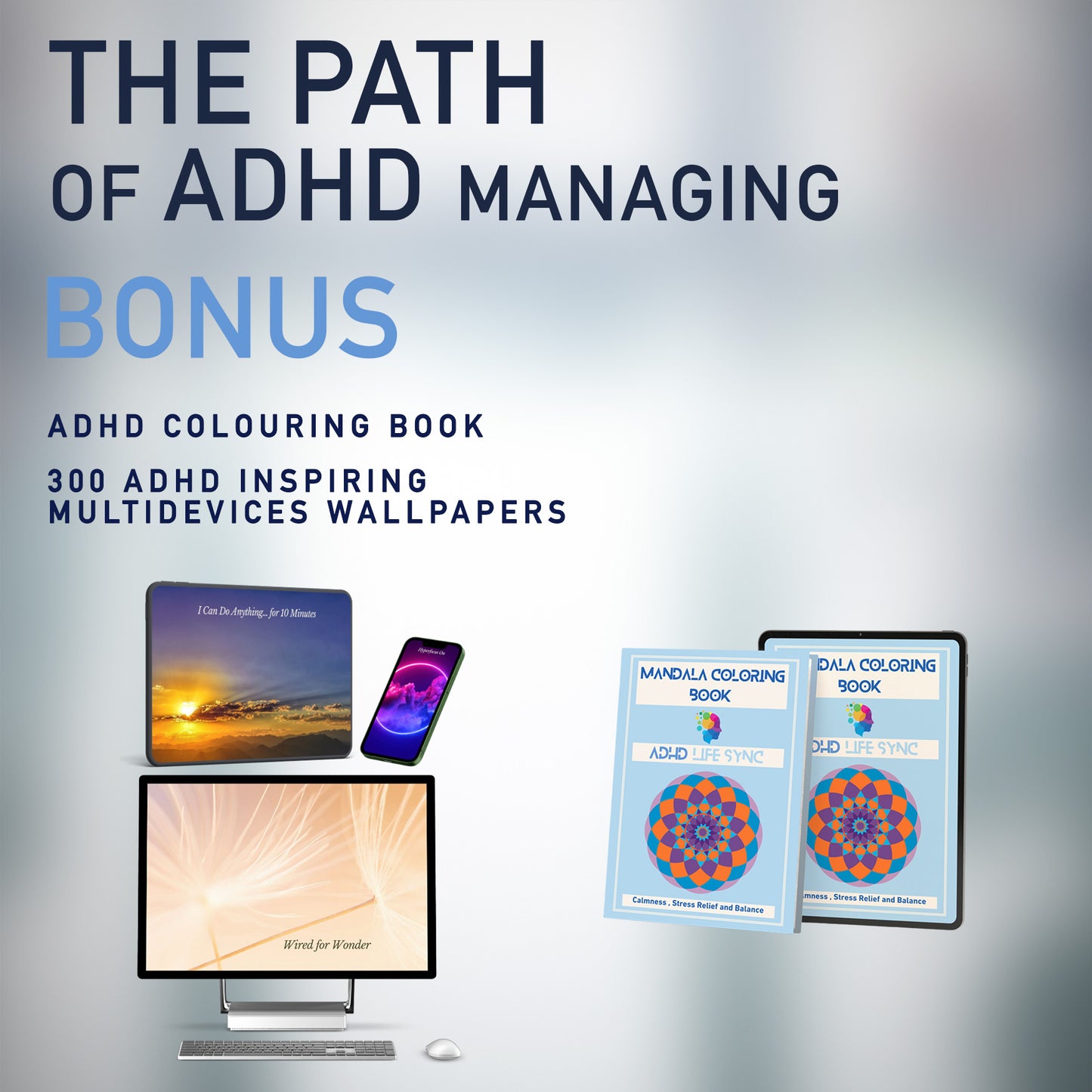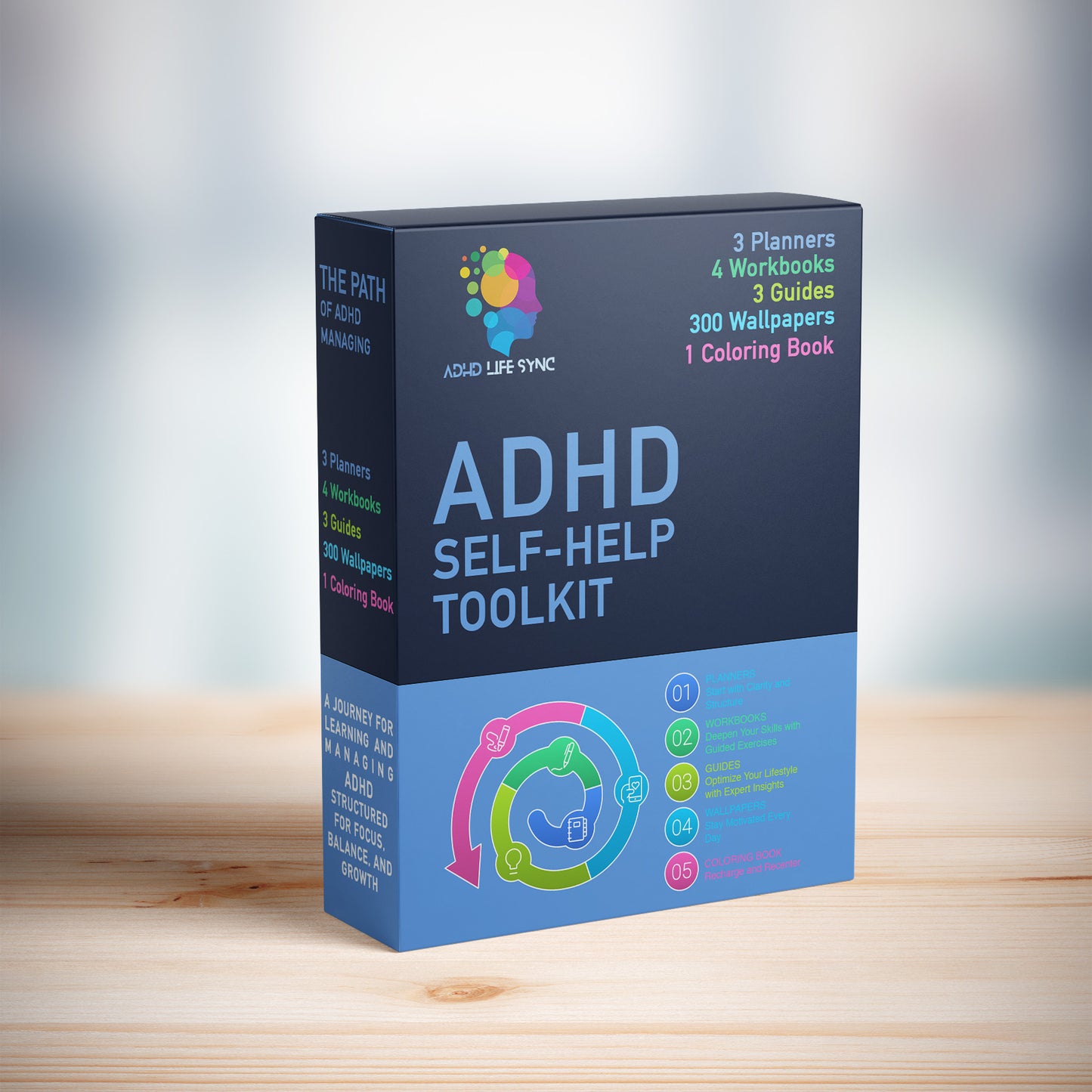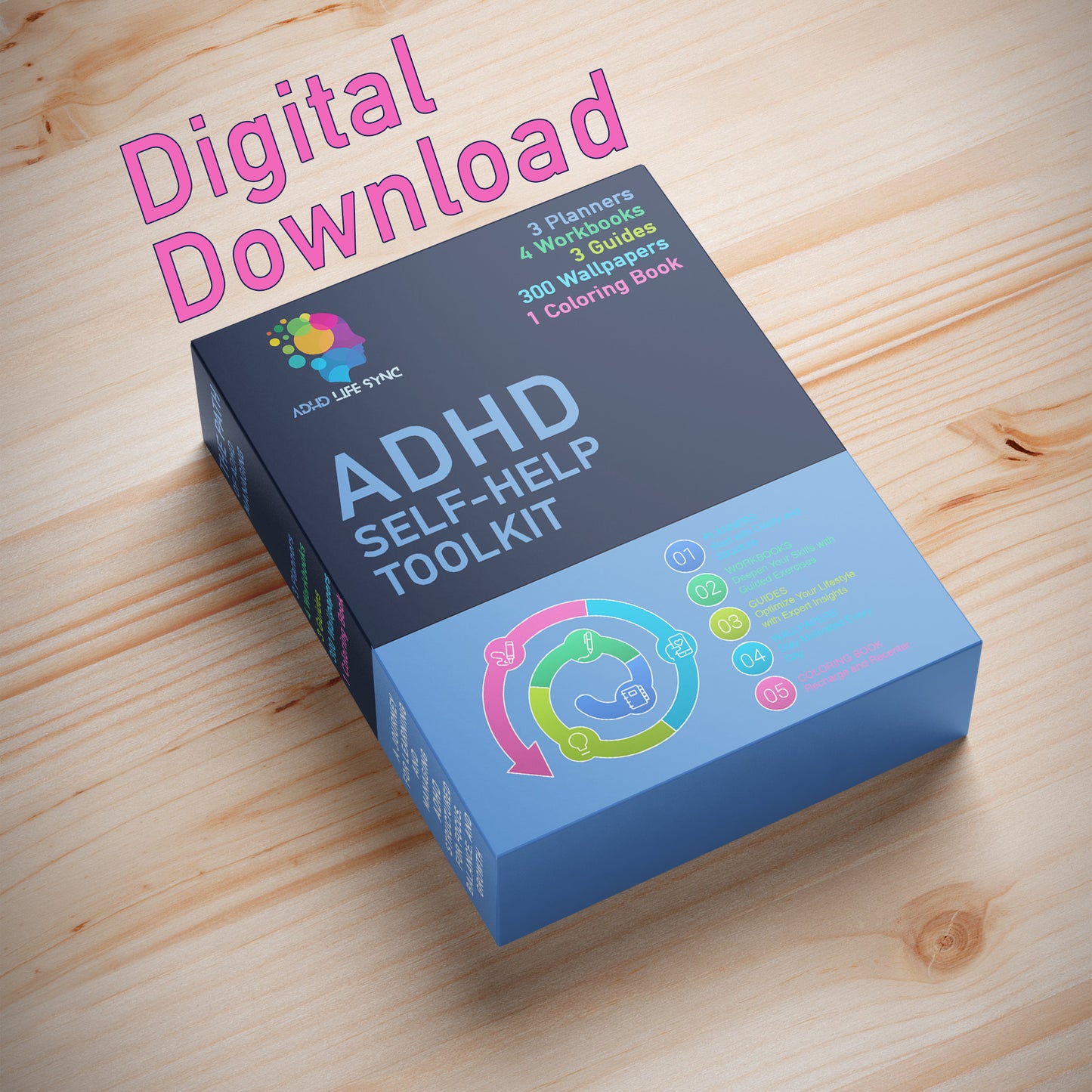
How to Explain ADHD to Family Members: The Real Conversation Guide
How to explain ADHD to family members starts with accepting that most people have no clue what ADHD actually is.
They think it's about being hyper.
Or not paying attention in school.
Or worse - they think it's an excuse.
I've had this conversation dozens of times, and I'm going to show you exactly what works.
No medical jargon. No 45-minute lectures. Just real talk that actually lands.
The Problem You're Actually Facing
Your mum thinks you're lazy.
Your partner thinks you're not trying hard enough.
Your siblings think you're making excuses.
And you're sitting there, knowing your brain literally works differently, trying to find the words.
Here's what nobody tells you: explaining ADHD isn't about listing symptoms.
It's about translating your experience into something they can understand.
Start With This Opening Line (It Works Every Time)
"You know how your phone has 47 tabs open and it's running slow? That's my brain. All the time."
People get this.
They've felt their phone lag.
Now they have a reference point.
Then hit them with: "ADHD means my brain's operating system runs differently. Not worse. Different."
The 3-Part Framework That Actually Gets Through

Part 1: Make It Physical, Not Mental
Don't say: "I have executive dysfunction"
Say: "My brain literally produces less dopamine - the chemical that helps you start and finish tasks"
Here's what resonates:
- It's like being nearsighted but for focus
- My brain's brake pedal doesn't work properly
- Think of it as neurological diabetes - my brain doesn't regulate certain chemicals correctly
[Internal link opportunity: "Understanding ADHD brain differences"]
Part 2: Kill The Stereotypes Fast
Address these head-on:
"But you did well in school" Yeah, because I was interested. ADHD isn't about intelligence. It's about regulation.
"Everyone's a bit ADHD these days" Everyone forgets their keys sometimes. Not everyone forgets they put food in the oven while it's burning because they started reorganising the bookshelf.
"You just need to try harder" I am trying. That's the point. What looks like normal effort for you is me at 150%.
Part 3: Show Them What Help Actually Looks Like
Don't ask for understanding.
Ask for specific support:
- Body doubling: "Just sit with me while I do this task"
- Gentle reminders: "A text saying 'doctor at 3pm' helps more than you know"
- No shame spiral triggers: "When I'm late, I already feel terrible. I need solutions, not lectures"
[Internal link opportunity: "Building your ADHD support system"]
The Examples That Make It Click
The Restaurant Menu Story
"You know when you're at a restaurant and can't decide what to order? That feeling of overwhelming choice?
That's me choosing what task to start. Every. Single. Time.
Now imagine that feeling for brushing your teeth."
The TV Remote Analogy
"Imagine your TV remote works perfectly, but randomly.
Sometimes channel up works instantly.
Sometimes you press it 47 times and nothing happens.
Sometimes it changes 10 channels at once.
That's my focus."
When They Push Back (They Will)
"Sounds like excuses"
"Would you tell someone with poor eyesight they're making excuses for wearing glasses?"
"Medication is cheating"
"Is insulin cheating for diabetics?"
"You seemed fine yesterday"
"Yeah, and sometimes people with bad backs can lift things. Doesn't mean their back isn't injured."
The Conversation Shortcuts
For your partner: "ADHD means I show love differently. I might forget anniversaries but I'll randomly deep-clean the entire kitchen at midnight because I know you hate messy counters."
For your parents: "Remember how I could read for 8 hours straight but couldn't do 10 minutes of maths homework? That wasn't defiance. That was ADHD."
For your mates: "You know how I'm either completely silent or won't shut up? How I'm either 2 hours early or 30 minutes late? That's not me being weird. That's ADHD."
[Internal link opportunity: "ADHD relationship communication strategies"]
What Actually Changes Things
Stop explaining symptoms.
Start explaining impact:
- Not: "I have time blindness"
- But: "I genuinely can't feel time passing. 5 minutes and 50 minutes feel identical until I check a clock"
- Not: "I have rejection sensitive dysphoria"
- But: "When you criticise something small, my brain treats it like a survival threat. I know it's irrational. I can't stop it"
The Scripts That Work
Script 1: The Quick Explanation
"ADHD means my brain's management system is wonky. I can do the work, I just can't always start it, stop it, or switch between tasks when I need to."
Script 2: The Emotional Truth
"Living with ADHD feels like driving a Ferrari with bicycle brakes. Lots of power, terrible control."
Script 3: The Practical Reality
"ADHD means I need systems, not willpower. I'm not broken, I just need different tools."
Your FAQs Answered
Q: What if they don't believe ADHD is real?
Don't debate the existence of ADHD.
Share your experience: "This is what happens in my brain. Call it whatever you want, but I need support with it."
Q: Should I send them articles about ADHD?
Only if they ask.
Most people won't read them.
Your lived experience is more powerful than any research paper.
Q: What if they think medication is bad?
"I tried managing without it. Here's what happened: [insert your experience]. Medication gives me the choice to focus, not the obligation."
Q: How do I explain ADHD paralysis?
"You know when your computer freezes and you can see everything but can't click anything? That's ADHD paralysis. I'm not choosing to do nothing. I'm stuck."
Q: What if they say 'everyone has these problems'?
"Everyone coughs sometimes. Not everyone has asthma. Frequency and intensity matter."
[Internal link opportunity: "ADHD medication myths debunked"]
The Bottom Line
You're not asking for special treatment.
You're asking for understanding.
You're not making excuses.
You're explaining reality.
Most people want to help. They just don't know how.
Give them specific, actionable ways to support you, and most will step up.
And for those who don't get it after you've tried?
That's not an ADHD problem.
That's a them problem.
Remember: how to explain ADHD to family members isn't about perfecting your pitch - it's about finding the people worth explaining it to.
